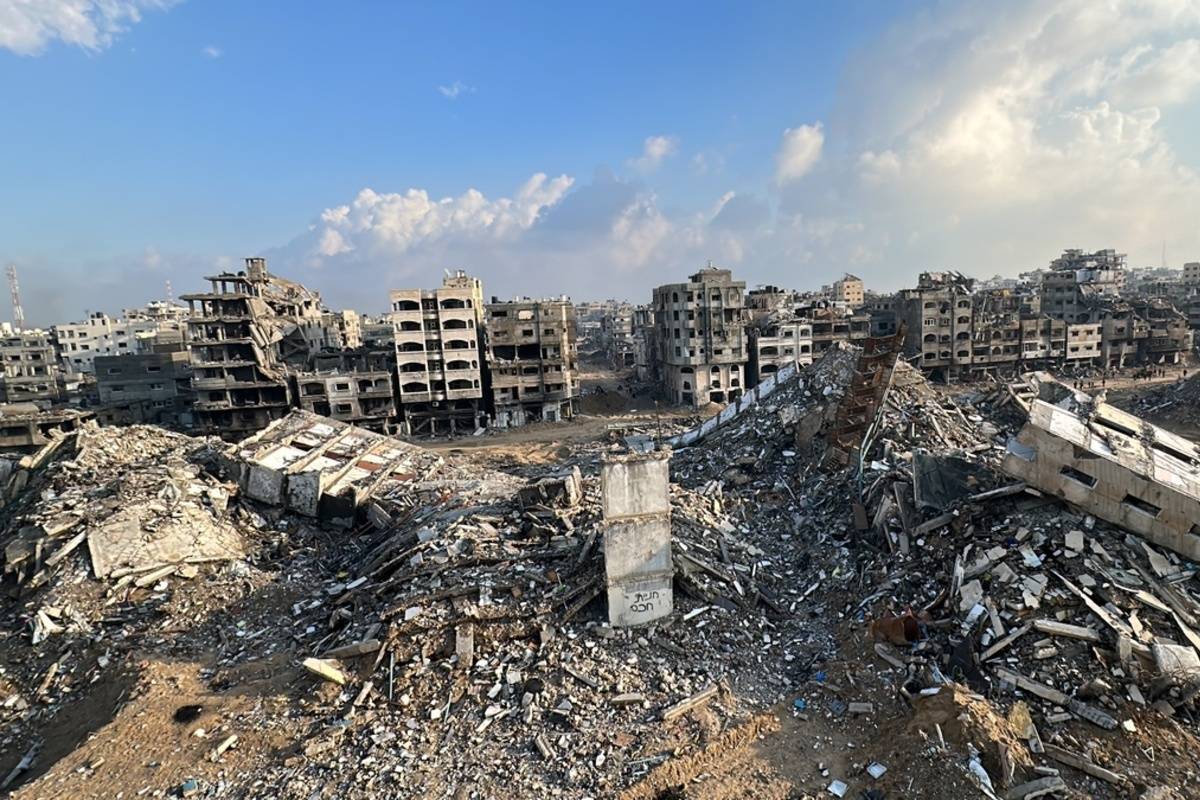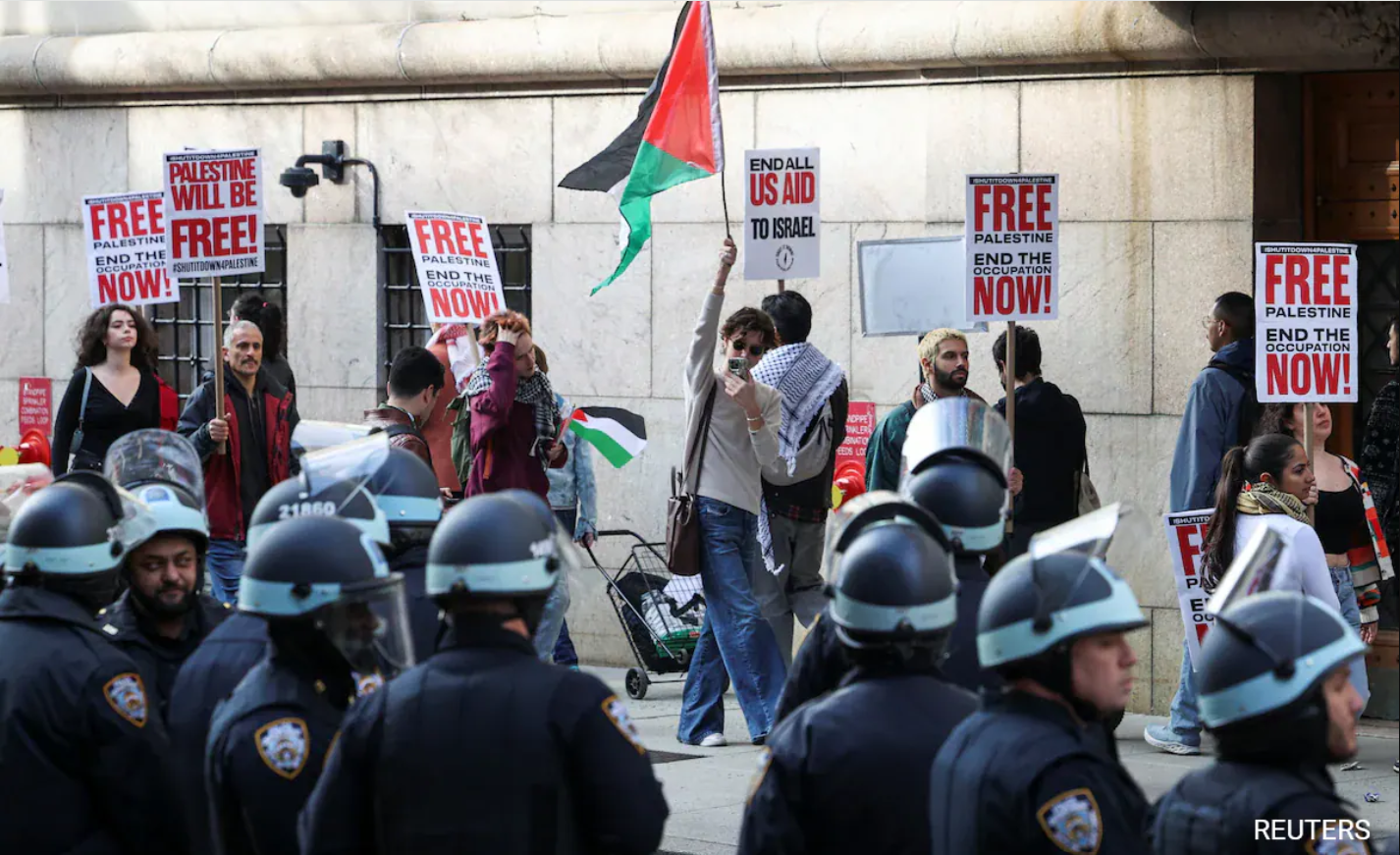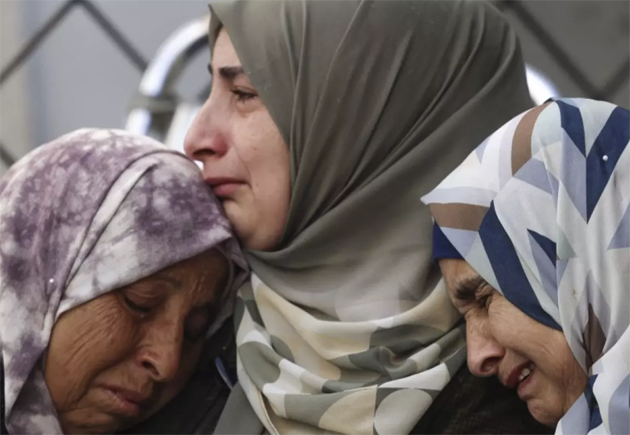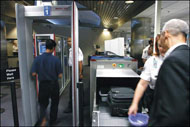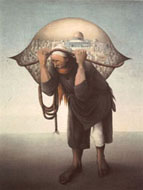
When I decided years ago to leave my home in America after graduating to come to Palestine and start my career here, my family was less than thrilled. Not only was I moving too far away, but to a place torn apart by generations of conflict. When one of my uncles heard the news, he asked me where I wanted to live, and I have to admit, I hadn’t given it much thought at the time so I just blurted the first city that came to mind: Jerusalem.
He smiled and told me that was a courageous idea, and though I knew about the tense and sometimes violent situation in the holy city, all I was thinking about was its central role in the conflict. The next time I saw him, he gave me a present, a framed picture of a Palestinian man carrying Jerusalem on his back symbolizing the difficulty of staying in Jerusalem for Palestinians. It’s a common painting and many Palestinians here and abroad hang it or similar ones up in their homes.
The image is very fitting since the role of Jerusalem in the conflict is similarly symbolic. Physically there is nothing particularly extraordinary about the city; it’s not more beautiful, resource rich, or strategic than many others. Yet, as the holy city of the three great Western religions, literally billions of people around the world have a stake in its future. With so much attention paid to such a small area, the lives of the city’s population are under the microscope and every action has consequences.
Within the ancient walls of the Old City, the status quo is rigidly maintained between the different sects which if violated, can cause even the humblest of priests to raise hell. Supposedly a feud broke out between neighboring priests over using a ladder to clean the Church of the Holy Sepulcher’s walls claiming the ladder trespassed on their neighbor’s grounds. The ladder has remained in place for the past century to serve as a reminder for priests to watch their tempers, yet I heard of a recent attempt to move it disintegrate to fisticuffs.
Outside the Old City, the stakes are much higher than fuming priests and an occasional fistfight. Israelis regularly announce new construction in east Jerusalem, which did not stop for the so-called settlement freeze. Israeli PM Benjamin Netanyahu asserted that it did not pertain to east Jerusalem, which Israel illegally annexed after conquering it in 1967. All sides affirm the special status of Jerusalem: Jews who see it as their holiest temple site, Christians whose messianic story culminates here, and Muslims who believe it to be the site of Prophet Muhammad’s ascent to heaven.
Yet Israel’s policies have been towards Judaizing the city and cutting off its ties to the rest of the Palestinians who have been almost entirely barred from visiting the city since the placement of checkpoints and especially the separation wall. Only with a special permit can a Palestinian with a West Bank ID card pass through, including children.
Politically, Israel seeks to separate Jerusalem from the West Bank where the settlement project has been most frenzied around the holy city. A string of settlements surround Jerusalem separating it from the rest of Palestinian population centers – settlements which Israel has invested billions to develop and subsidize and assumes it will retain in any final agreement with Palestinians.
Within the city though is where Palestinians face the brunt of Israeli attempts to erase Palestinian ties. Land confiscations, housing demolitions, revoked residency status, inflated cost of living, unresponsive municipal authorities, abusive police, and funding disparities are only some of the ways Israel’s stranglehold on Jerusalem attempts to make life so difficult for Palestinians they don’t want to stay.
The Association for Civil Rights in Israel recently published a report, titled "Unsafe space: The Israeli authorities' failure to protect human rights amid settlements in East Jerusalem," detailing the lawlessness, and insecurity Jerusalemite Palestinians face daily at the hands of Israel’s often imposing and often violent Jerusalem settlers. Just last month a man was shot and killed by an Israeli private security guard, and two young boys under 15 were run over by a settler and subsequently arrested for throwing stones.
While today the efforts are usually under the guise of benignly serving the “public good”, the policies used to be more blatant; in 1973 a decision issued by the Israeli inter-ministerial committee on Jerusalem affairs set a goal to push the Palestinian population to below 22 percent. Today it still stands at about 30 percent according to Israeli census numbers. Combined Israeli efforts to Judiaze Jerusalem have deprived Palestinians of 86 percent of their private land according to the Civic Coalition for Defending Palestinians’ Rights in Jerusalem.
Palestinians are determined to hold on to their claim to Jerusalem, no matter the price. Jerusalemite Palestinians have told me of how revered they feel abroad when they tell other Middle Easterners where they are from. Most Muslims, especially Middle Eastern ones, never get the opportunity to see the holy city, yet hear constantly about it and the oppression facing its mostly Muslim Palestinians. My uncle was one of them, even though at the time I was still living in the States.
Now that I’m here, I see just how unique the city really is. Shaped by so many powerful forces throughout history, it seems like an act of hubris for any one people to lay exclusive claim to it. To the Muslims abroad who may never get the chance to come to Jerusalem, that picture my uncle gave me serves as a reminder of the weight the Palestinians who remain here carry so that some day the city may once again earn its original nickname: The city of peace.
Michael Khaled is a Writer for the Media and Information Department at the Palestinian Initiative for the Promotion of Global Dialogue and Democracy (MIFTAH). He can be contacted at mid@miftah.org.




